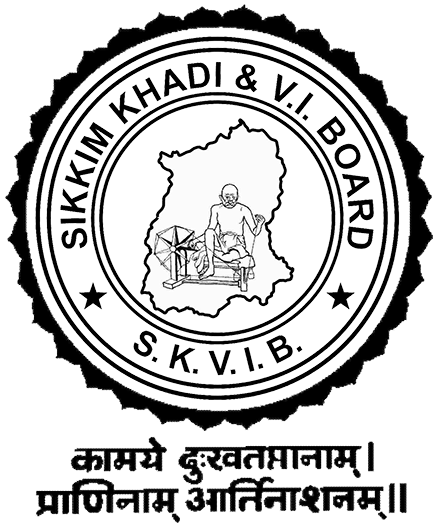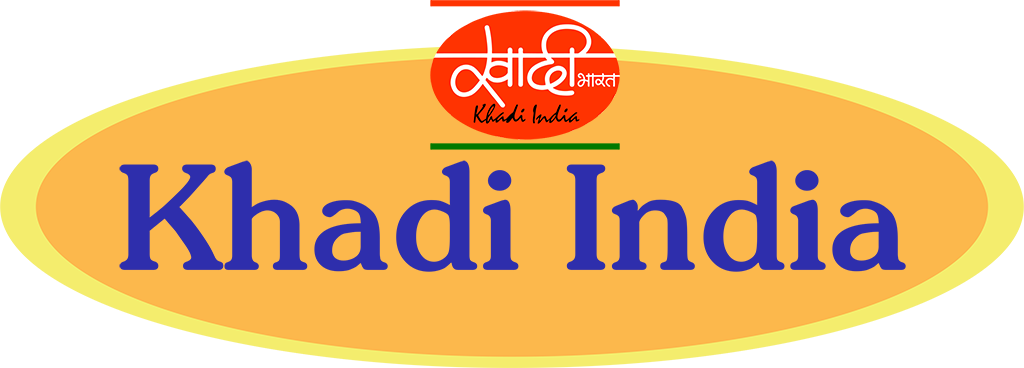Bee keeping is the rearing of bees for the purpose of obtaining honey. Honeybees live together in a highly organized group called a colony. When bees are managed in hives, each hive houses a single colony. Professionally it is taken up under management practices for obtaining not only honey but also for other hive products like bee wax, pollen, royal jelly and bee venom, which has many industrial uses with high market demand.











